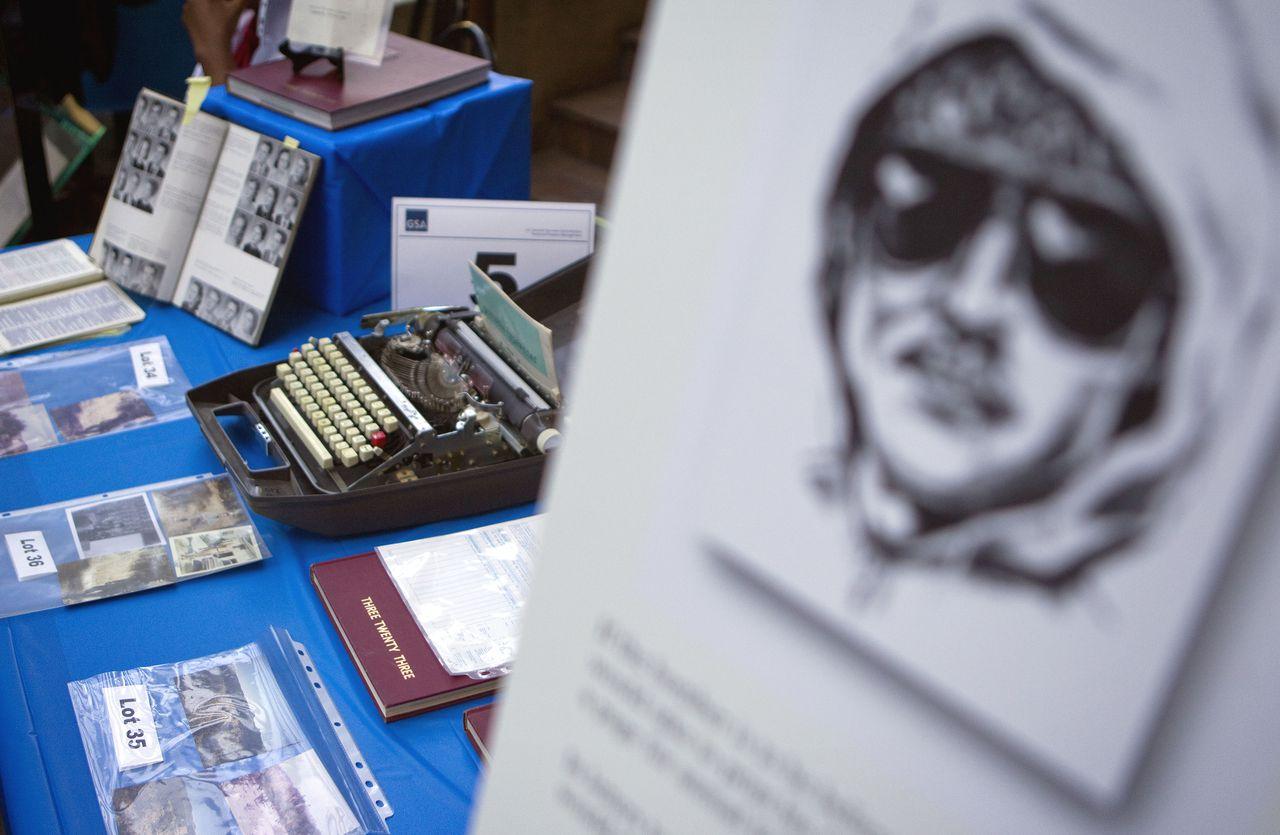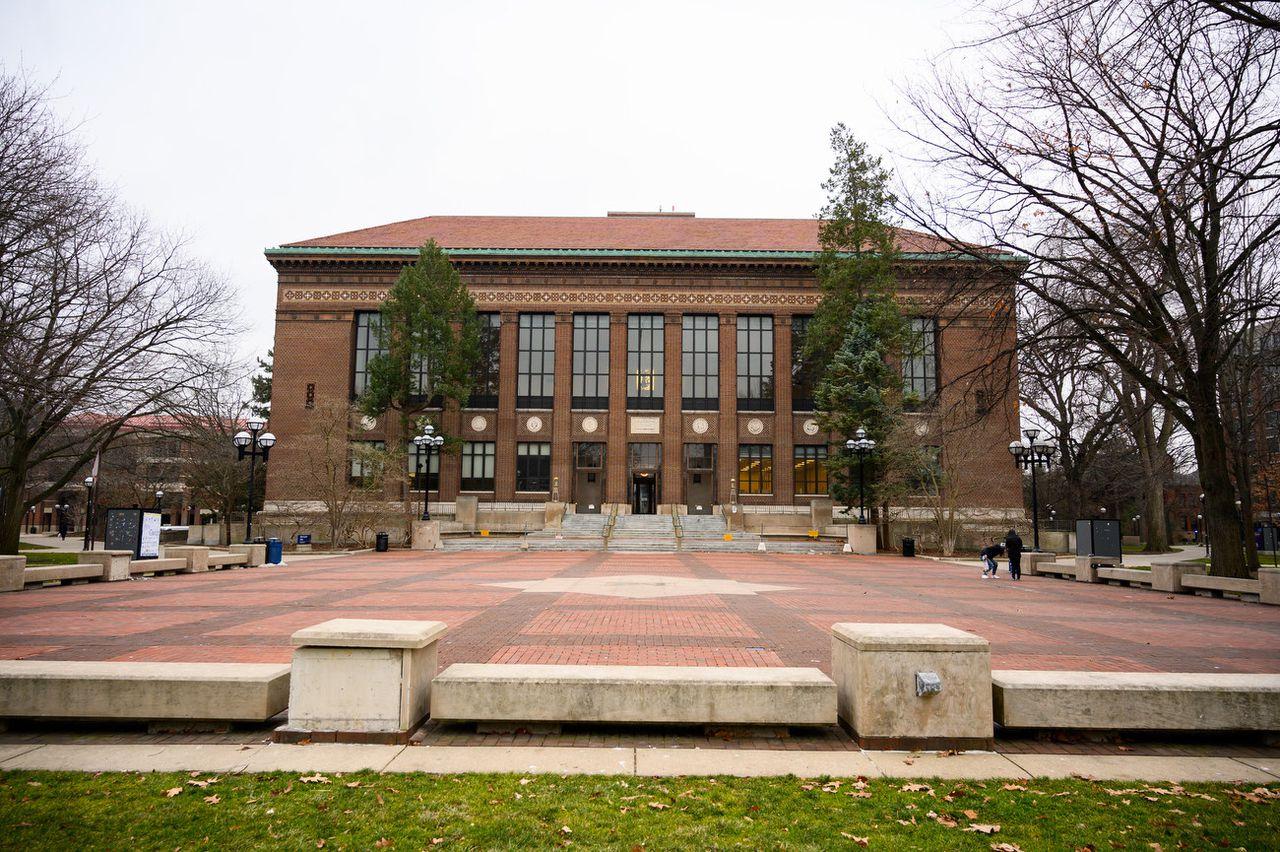Samuel Dodge
Unabomber’s death sparks new interest in University of Michigan’s Kaczynskiana archives

ANN ARBOR, MI - Julie Herrada exchanged letters with Theodore “Ted” Kaczynski, known widely as The Unabomber. While never speaking to him in person, she said he was candid and professional, even if only through his letters.
Herrada is the curator of the University of Michigan’s Labadie Collection, which since 1924 has collected material documenting radical movements like anarchism. When Kaczynski was arrested for his 17-year bombing spree in 1996, Herrada sought his writings for the collection.
For the last 24 years, Herrada has curated box after box of thousands of documents, from his lengthy “anti-tech” manifesto to fan letters to even his musical compositions. The collection is known as Kaczynskiana, and she said it draws people from all corners of society.
Kaczynski, who killed three people and injured 23 others through bombs sent in the mail, died June 10 in a federal prison medical center in Butner, North Carolina. He was 81. He targeted people he thought were advancing modern technology and harming the environment. His manifesto critiques industrialization and advocates for anarchism to defend nature.
Interest in UM’s Kaczynskiana collection has increased slightly since his death, but Herrada and other librarians can handle it, she said. She said the collection contains letters to Kaczynski from a range of people, from housewives and grandmothers to anarchists and environmental activists.
“I struggled with the sense that these letters represented but a microcosm of the people in our society,” she wrote in a University of Wisconsin article. “They wrote on perfumed paper, colored paper, decoupage paper, anonymous postcards, business letterhead, and frayed-at-the-edges notebook pages. Some were very well educated, others barely literate.
“There were many bright and normal people, as well as some seemingly unstable ones, who were merely curious about the intellect and personality of the man known as the Unabomber.”

Herrada first wrote Kaczynski to procure his writings in 1997, a year after his arrest, while he was lodged at a federal “supermax” prison in Florence, Colorado. The motivation, she said, was to help provide future social science researchers with his writings to help “unlock secrets.”
His attorney Judy Clarke wrote Herrada back to let her know her client was “very interested.” From there, Herrada corresponded directly with Kaczynski.
It would take two years to negotiate a formal agreement for Kaczynski to gift material to the UM library. The lengthy process was partly a negotiation with Kaczynski and partly navigating the university’s general counsel, which sought to avoid negative publicity, Herrada said.
And two of Kaczynski’s surviving victims were University of Michigan faculty -- graduate assistant Nicklaus Suino and psychology professor James V. McConnell, a leading figure in behaviorism. In the 1985 attack at McConnell’s home, the blast wounded Suino and damaged McConnell’s hearing, according to MLive files.
Herrada secured the formal donation agreement in 1999. Upon reading the letters for the first time, she said she felt sadness, compassion and pity for the people who reached out to Kaczynski.
The names of most of the people who interacted with Kaczynski are redacted, except for media personalities seeking interviews with him and similar public figures. This privacy is part of the ethical consideration of collecting controversial material, Herrada said.
While Kaczynskiana may be controversial, it is a part of American history worth preserving, she said.
“A little controversy about our collections is better than whitewashing social history,” she said.
